High pressure, low income
The daily work at the hospital of Dr. Pham Thi Thanh (Tuyen Quang General Hospital) usually lasts 10-11 hours/day, not including holidays, New Year's or weekends when she has to work at night. "A night shift has only 2-3 doctors, many nights we have to treat 10-15 emergency cases, so doctors often stay up all night and continue working the next morning as usual. "The work is very hard and stressful, but for a long time now, the income of many medical staff at the lower level like us is not enough to live on, only 8 million VND in salary and 3-4 million VND in allowances. I and many colleagues have thought about quitting," Dr. Pham Thi Thanh shared.
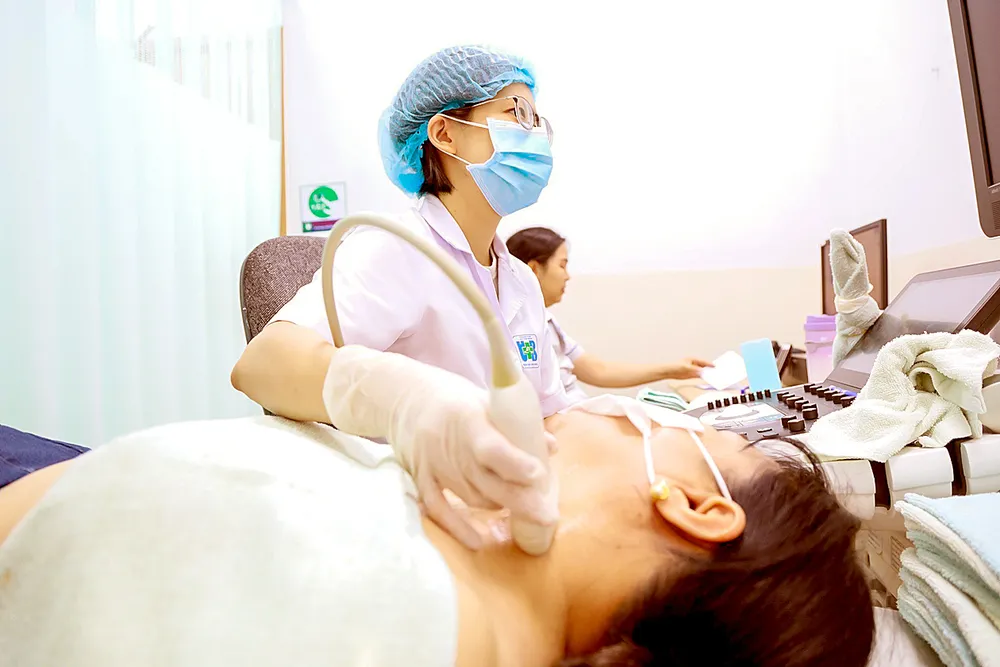
Many other medical staff also frankly said that the current 24/7 on-call allowance of VND90,000/person is not really commensurate with the labor of medical staff. "Every month, a doctor is on duty for about 8 days, the allowance is less than VND1 million. We are trying to do it out of responsibility, professional ethics, and for the patients," said a doctor with more than 10 years of experience working at a public hospital in Ho Chi Minh City.
Meanwhile, many hospital leaders also said that currently, the allowance levels for medical staff are being applied according to Decree No. 56/2011/ND-CP issued since 2011 (Decree 56), leading to many inadequacies. The 24/24 hour on-call fee at district-level hospitals was previously 90,000 VND/person, but over the past 14 years, the basic salary has been adjusted 8 times, currently at 2.34 million VND/month, while the on-call, surgery, and procedure allowances have not been adjusted accordingly.
Recently, responding to voters' opinions before the 9th session of the 15th National Assembly on the policy of treatment for medical staff, Minister of Health Dao Hong Lan said that the Ministry of Health is proposing to assign level 2 salary for the positions of doctors, preventive medicine doctors, and pharmacists when recruiting. At the same time, it is developing a Decree to replace Decree 56 on preferential allowances by profession (expected to be completed in December 2025) and a Decree regulating special allowances, anti-epidemic allowances, and support for medical staff in villages and hamlets (expected to be completed in September 2025).
Mr. Nguyen Minh Tuan, Deputy Director of the Department of Health of Quang Ninh province, expressed that for many years, medical staff have always been the leading force, present first at epidemic hotspots and facilities treating seriously ill patients. Moreover, in the context of implementing the 2-level local government model, the merger and expansion of management areas in many provinces, cities and communes and wards has made the workload of medical staff increasingly large, requiring policies to be truly practical, fair and suitable for reality. Having good policies and properly recognizing efforts will be a source of spiritual encouragement, retaining high-quality human resources, promoting sustainable development of the health sector.
To give medical staff peace of mind at work
Sharing more about the current difficulties of the medical staff, Ms. Pham Thanh Binh, President of the Vietnam Health Sector Trade Union, said that according to the 2024 report, the average income of union members and workers in the health sector is 13 million VND/person/month.
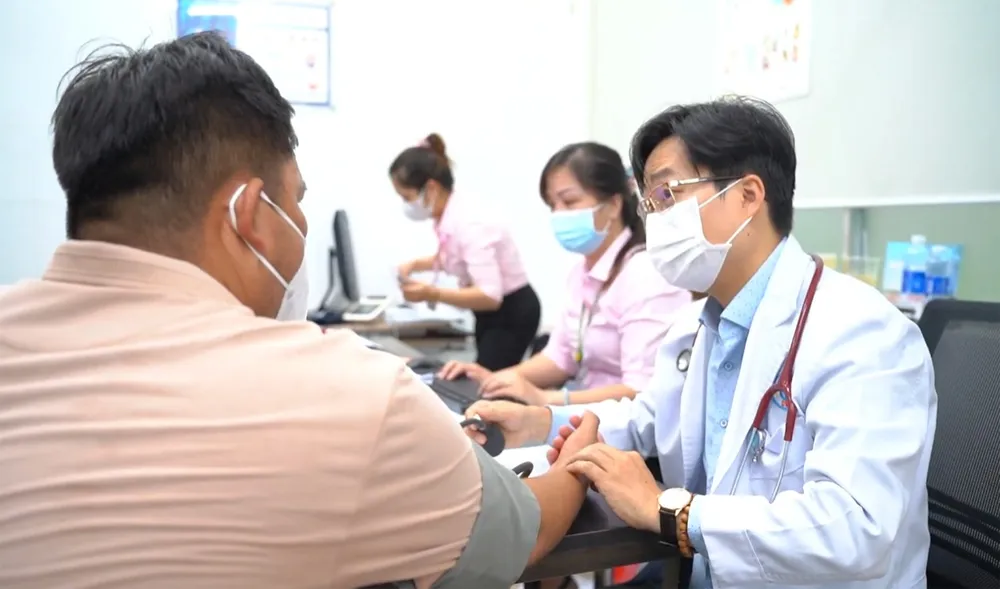
However, in reality, many medical staff at the grassroots level and in the preventive health sector may be much lower. Furthermore, most public health units are autonomous to facilitate effective service provision and higher labor productivity, but the living standards of medical staff have not been improved because medical service prices have not been calculated correctly and sufficiently. To balance salaries for medical staff, many units limit staff recruitment; the number of patients is high while the number of medical staff does not increase, leading to increased work pressure on staff. Therefore, the Ministry of Health has proposed amending the preferential allowances for jobs according to Decree 56 and increasing the on-duty allowance to match the increase in basic salary.
According to the representative of the Ministry of Health, the implementation of Decree 56 has revealed many shortcomings due to the many changes in Vietnam's disease model, when new emerging diseases appear and develop complicatedly, while the rate of non-communicable diseases is increasing. Therefore, the Ministry of Health is developing and soliciting comments on a draft Decree regulating preferential allowances according to profession for civil servants and employees working at public health facilities to contribute to attracting and maintaining a team of doctors, pharmacists, nurses... with university degrees or higher to work at grassroots health service units and the field of preventive medicine in localities to solve the difficulty of lacking qualified staff. At the same time, it creates motivation for health officials to work with peace of mind, to serve long-term in grassroots health and preventive medicine as well as to reduce the rate of quitting.
The preferential allowance level by profession is calculated as a percentage of the current salary, grade, rank plus the leadership position allowance, seniority allowance beyond the framework (if any) of the beneficiary. According to the draft, the highest preferential allowance level is 70%, applied to people doing special jobs such as: treatment of group A infectious diseases, doctors working in ethnic minority areas, preventive medicine... Other allowance levels include 60%, 50%, 40% depending on the nature, level of danger and working conditions, such as: civil servants regularly assigned to directly do medical expertise in the field of preventive medicine; medical staff performing the task of examining, treating, and caring for people with infectious diseases.
It's not just about money, it's about recognition.
According to the leader of a public hospital in Ho Chi Minh City, increasing allowances is not simply a solution to economic problems, but also a message expressing recognition and respect for the efforts and silent contributions of medical staff. In a public health system that is overloaded and under pressure, creating a fair working environment and fair treatment will be the key to stability and sustainable development. Without strong reforms in salary and allowance policies, we will not only lose human resources but also lose trust and quality in the public health system.
Source: https://www.sggp.org.vn/tang-phu-cap-tiep-dong-luc-cho-nhan-vien-y-te-post806880.html



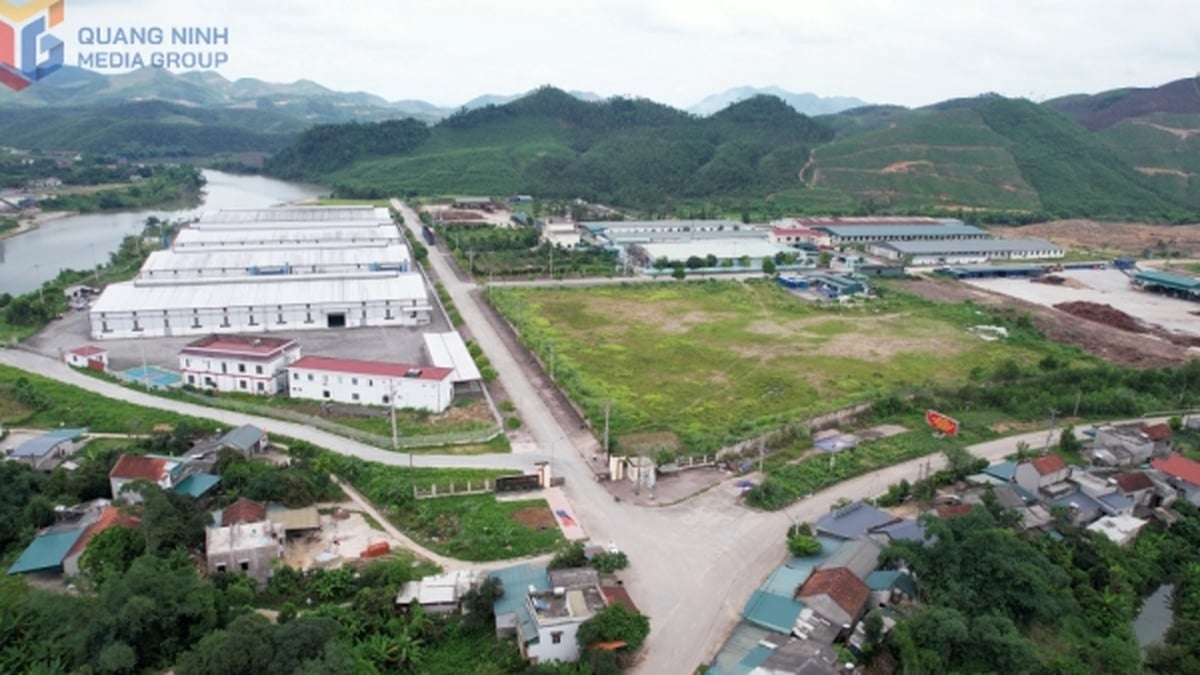

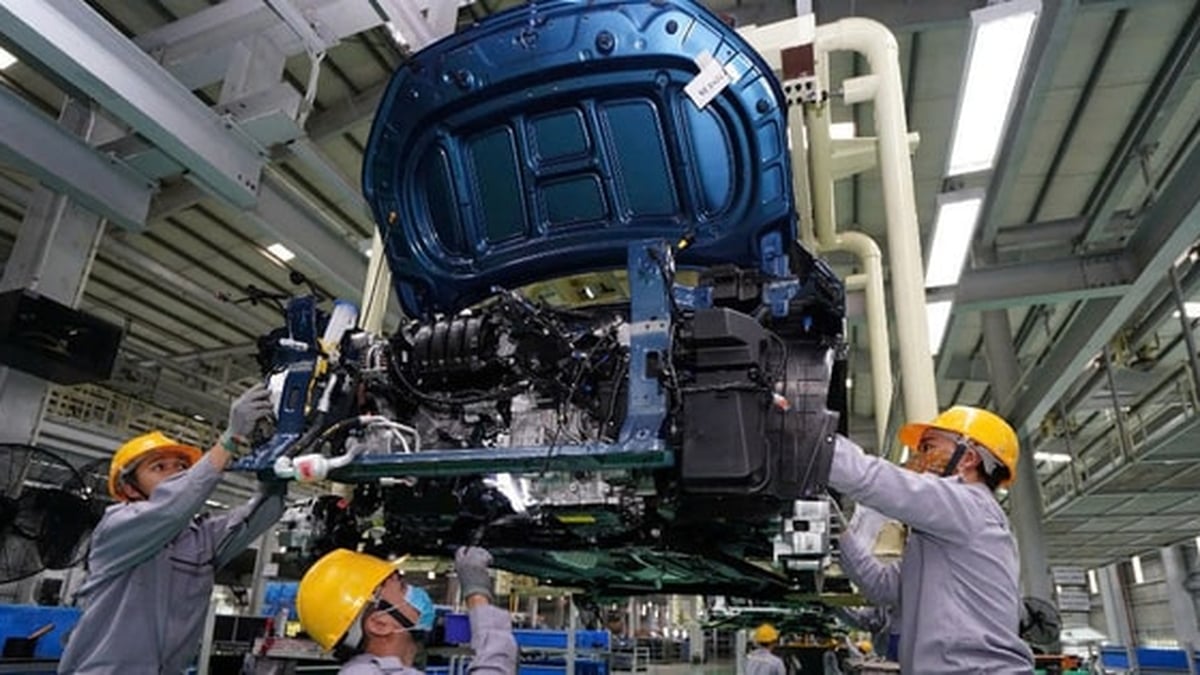
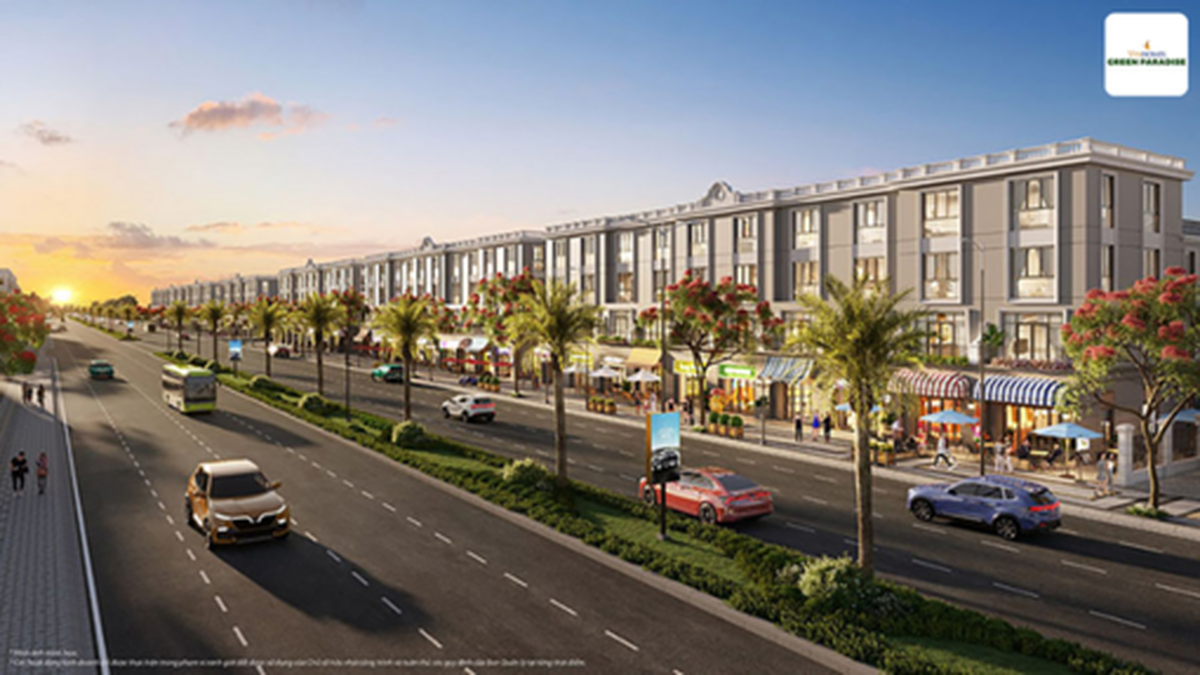



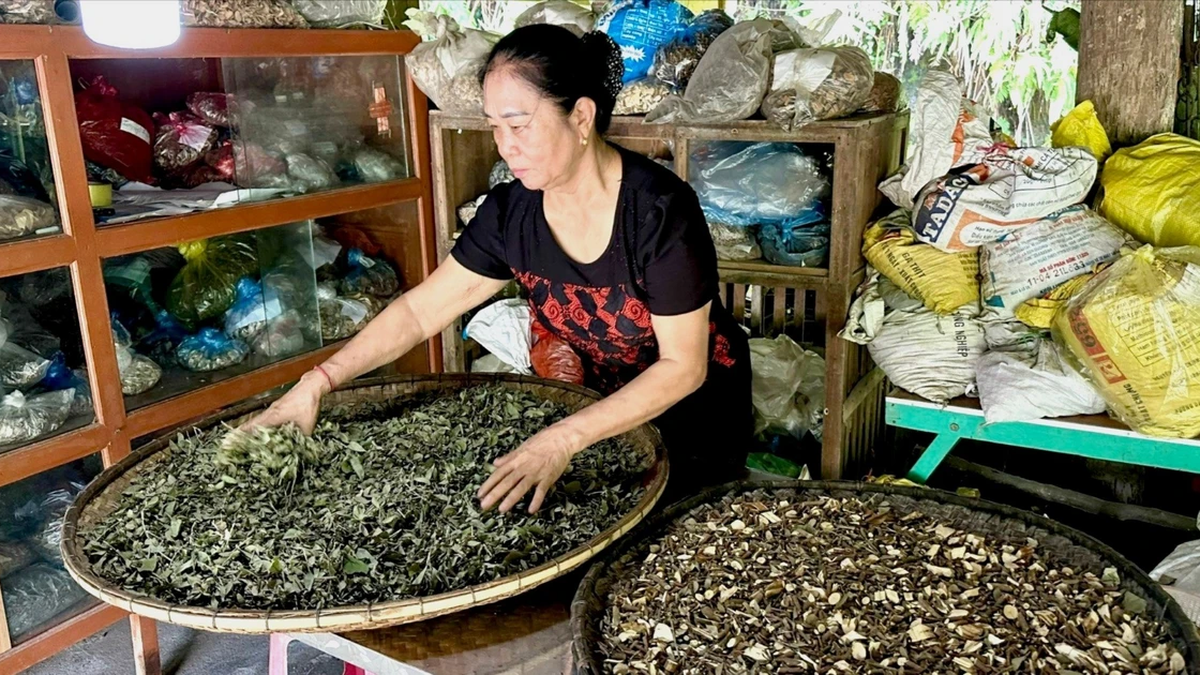
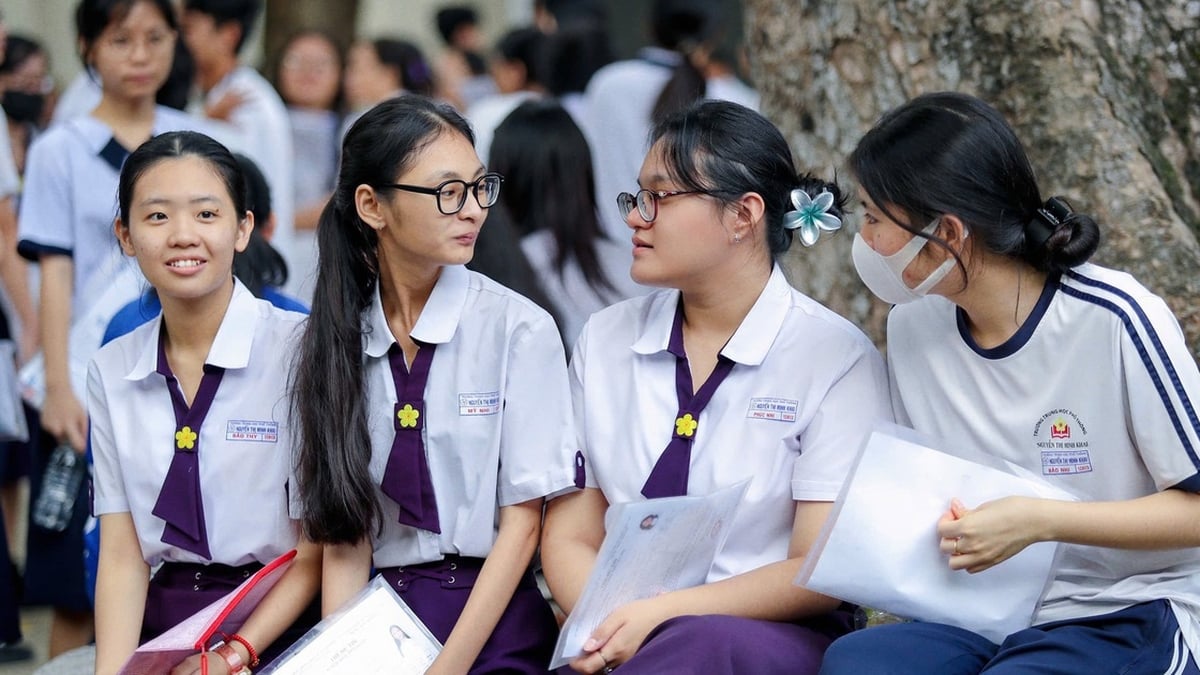




















































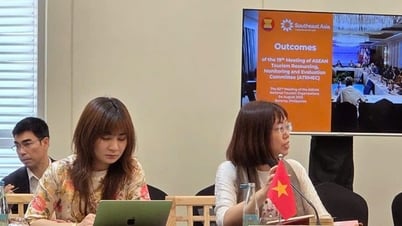

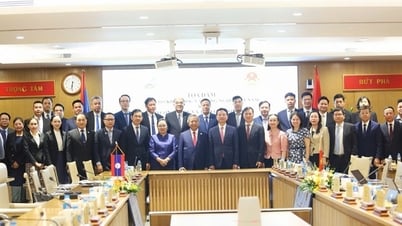

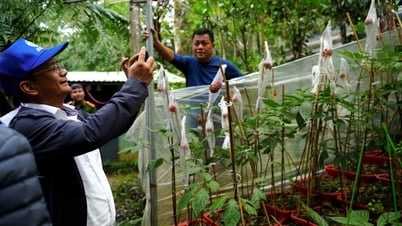


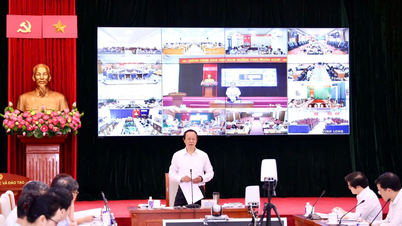

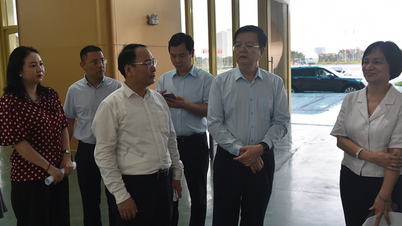
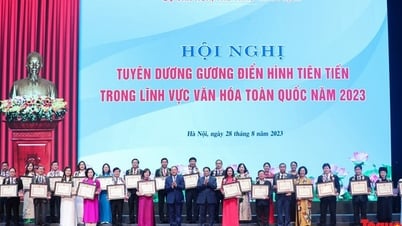
























Comment (0)